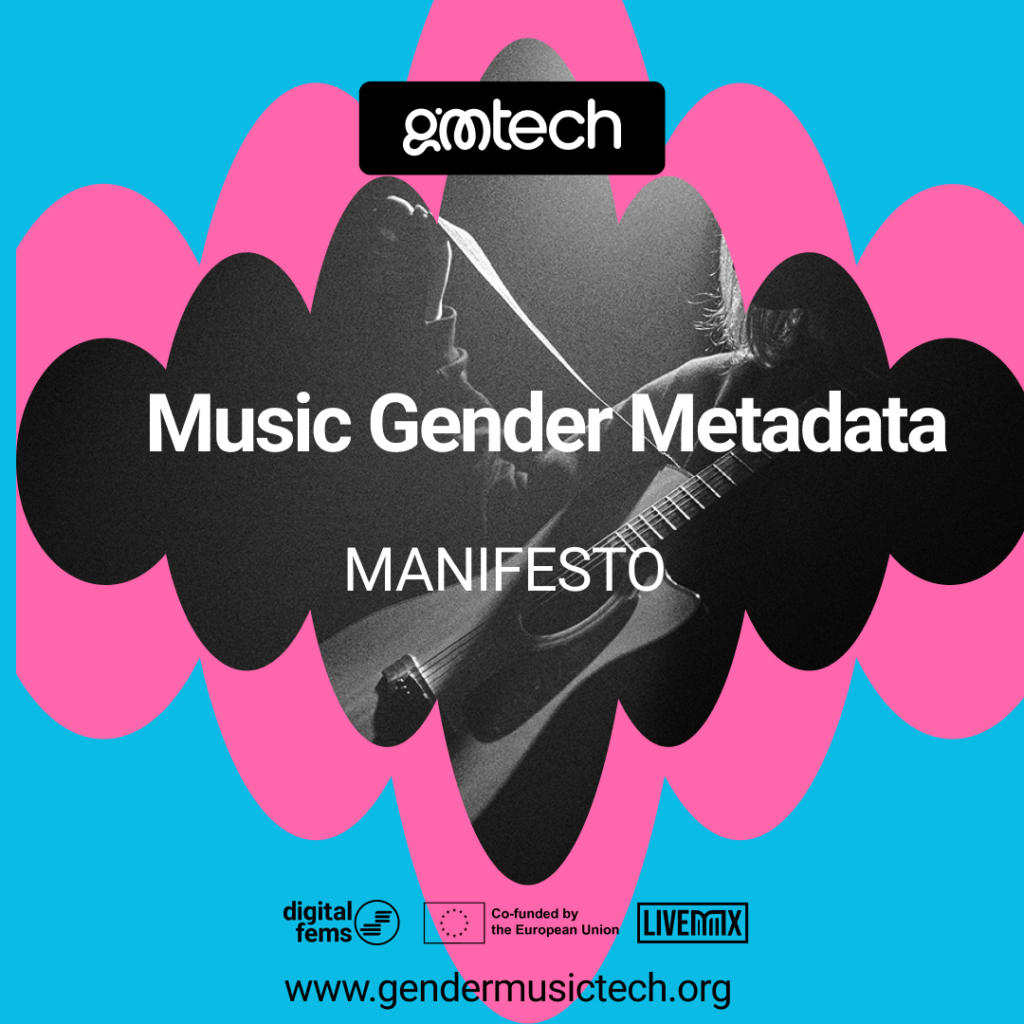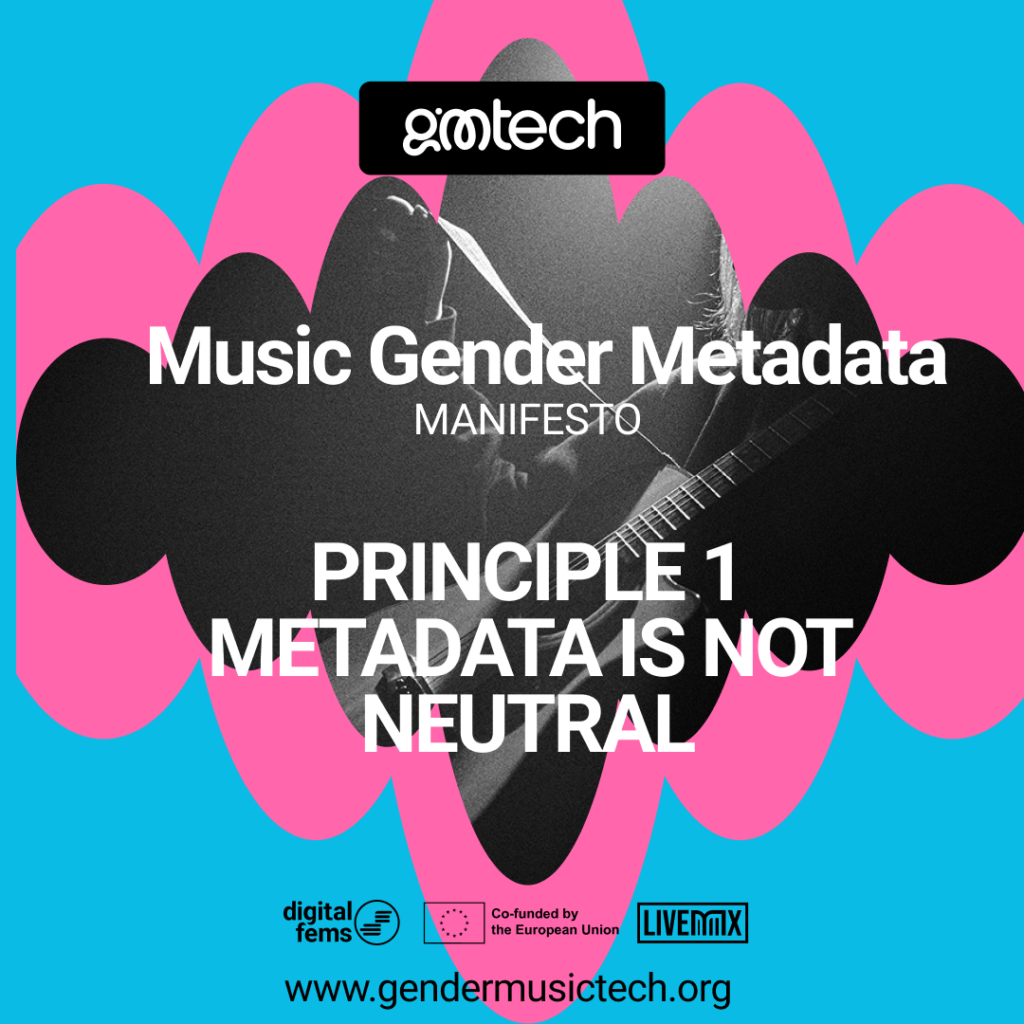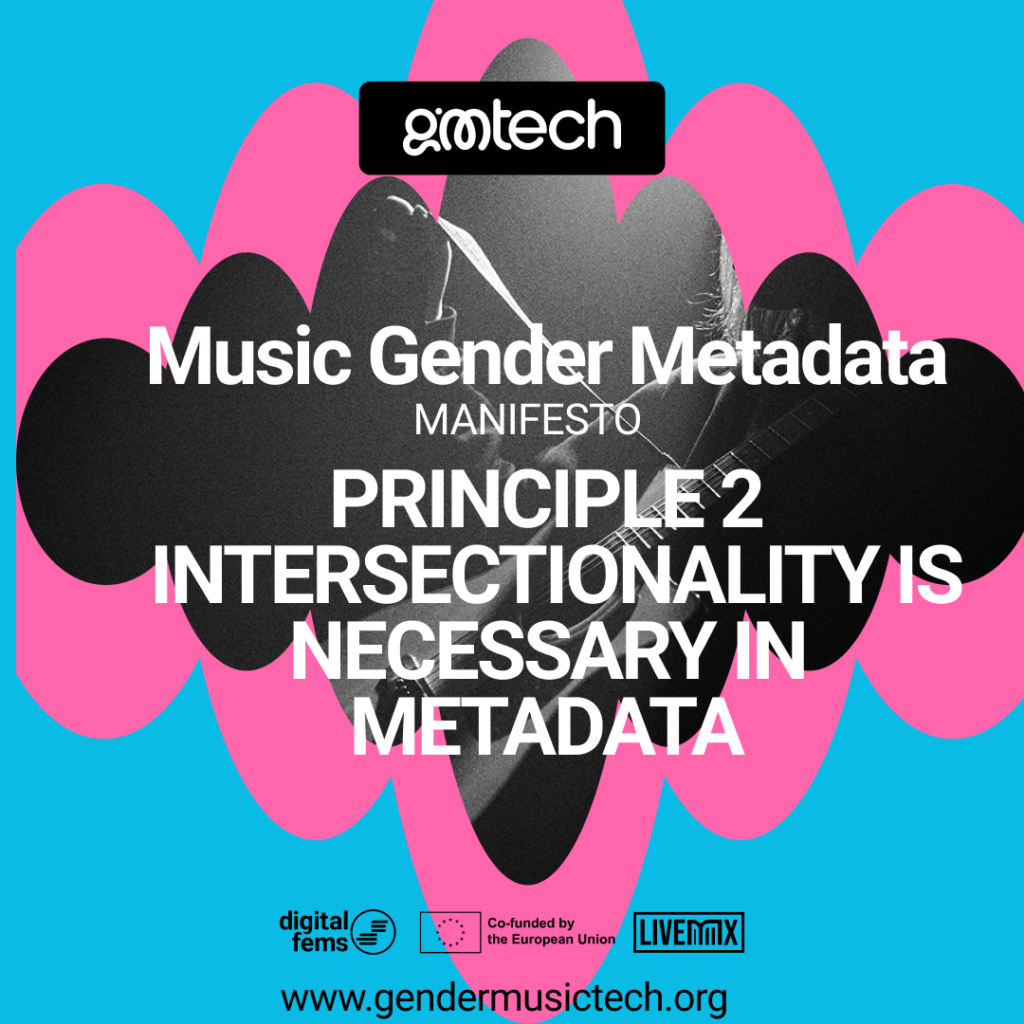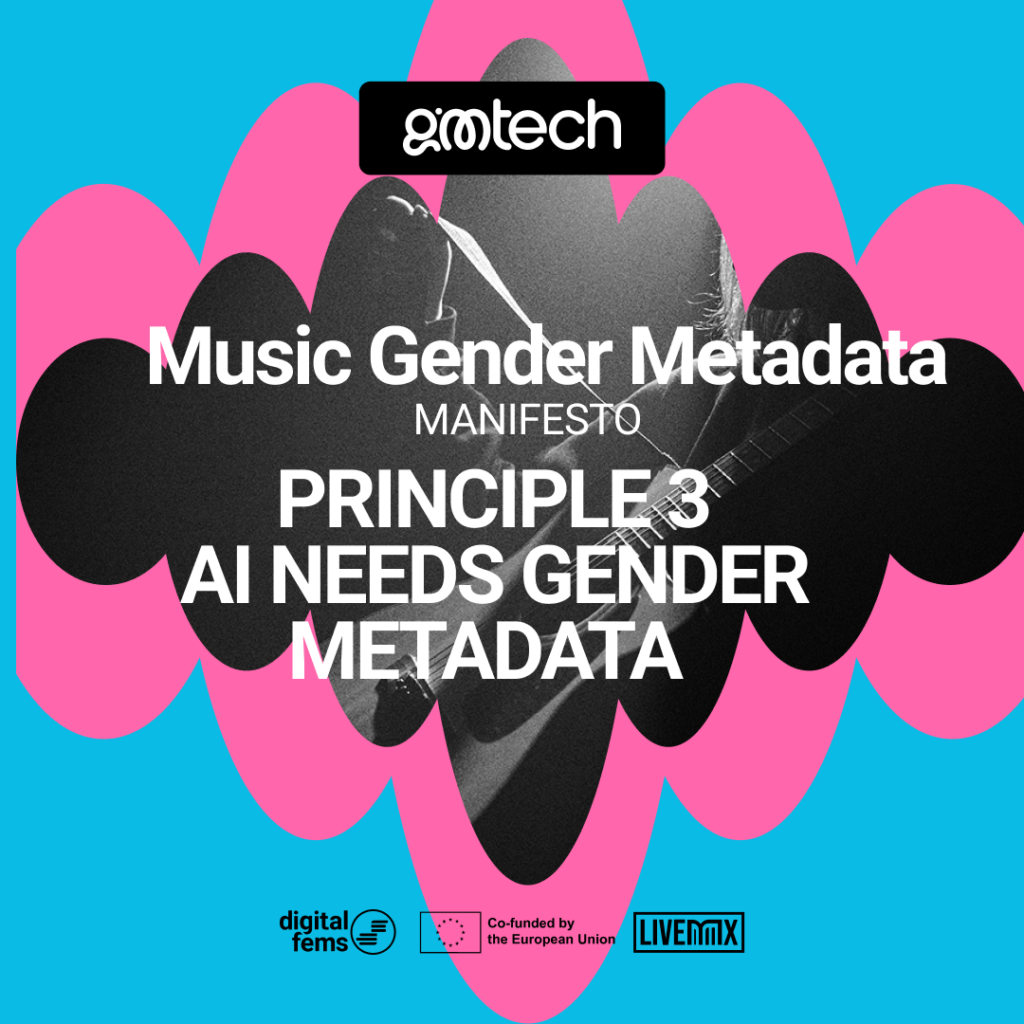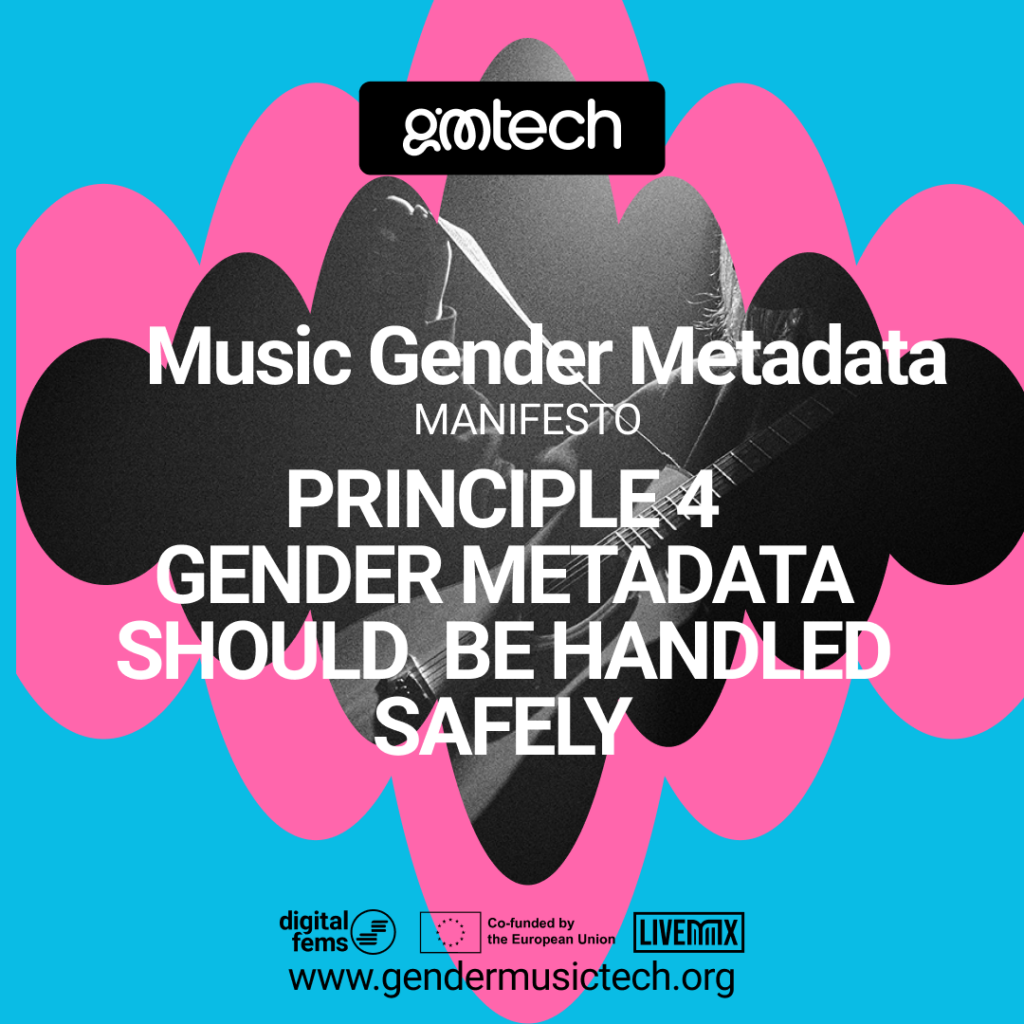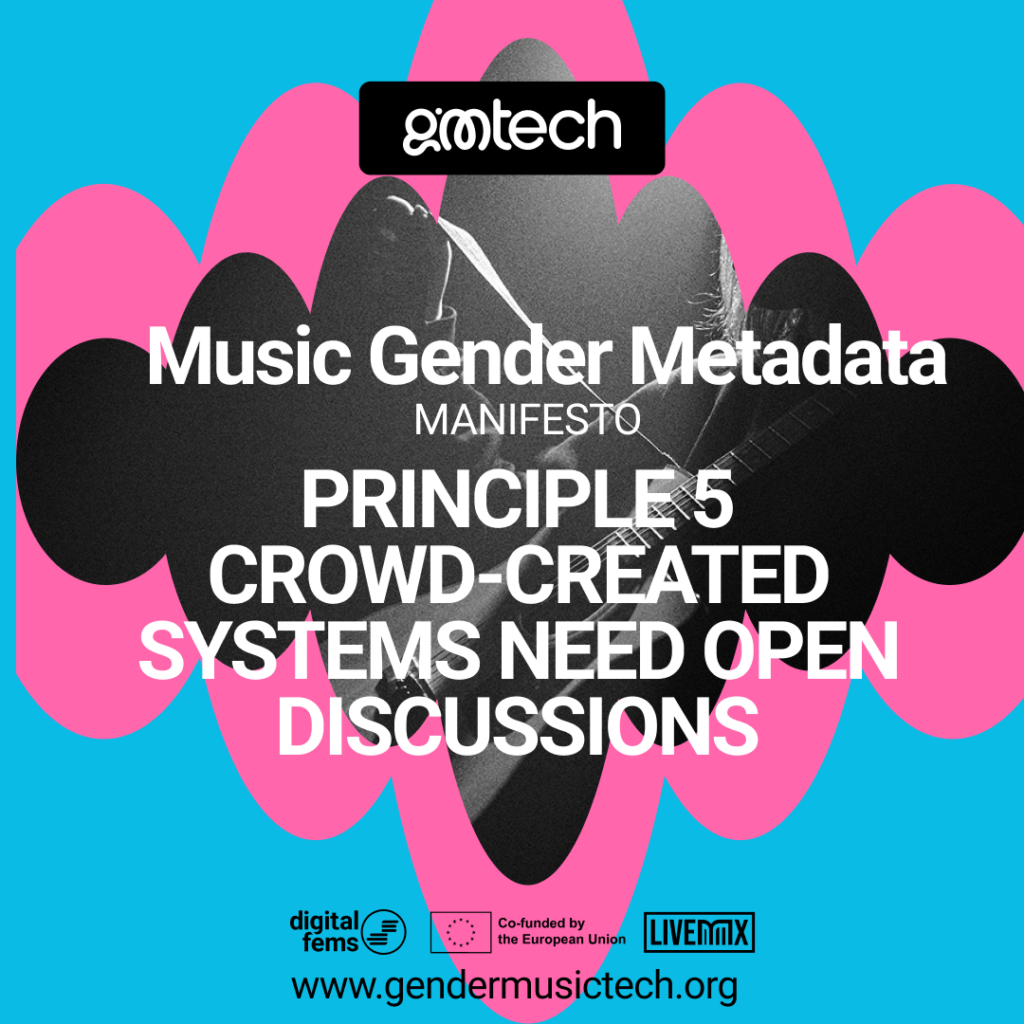There is a conversation about music gender metadata and its impact on music we want to open
Metadata is essential for digital music distribution, ensuring that creators are compensated fairly, improving user experience and facilitating collaboration between different parts of the industry. As the digital music landscape changes, metadata remains critical to driving innovation and growth. It provides key information about each musical work, such as its title, artist, album, genre, and release date, which is crucial for identifying, attributing, and monetizing music on digital platforms.
Furthermore, detailed metadata improves the user experience by facilitating efficient searches and personalized recommendations based on user preferences. For over two decades, the music industry has established standards for the creation, collection, and processing of metadata through organizations such as DDEX. These standards ensure that creators and rights holders will be adequately compensated by sharing information between record labels, distributors, streaming services, copyright organizations, and publishers.
However, the lack of gender metadata within these standards perpetuates gender bias in AI-based music data and other automated processes, impacting representation and opportunities for female artists and creators.

Music Gender Metadata is a Research Project
The project goal is to visibilize the importance of Gender METADATA in Digital Music and propose a tech solution regarding the whole process.
Metadata typically focuses on information directly related to the identification, management, and distribution of musical works, such as titles, creators’ names, dates, and rights information. The inclusion of personal attributes like gender is not mandatory in metadata architectures, and thus not formally adopted in standards such as those set by DDEX.
We will propose a final technical developement which will include gender metada data framework.



